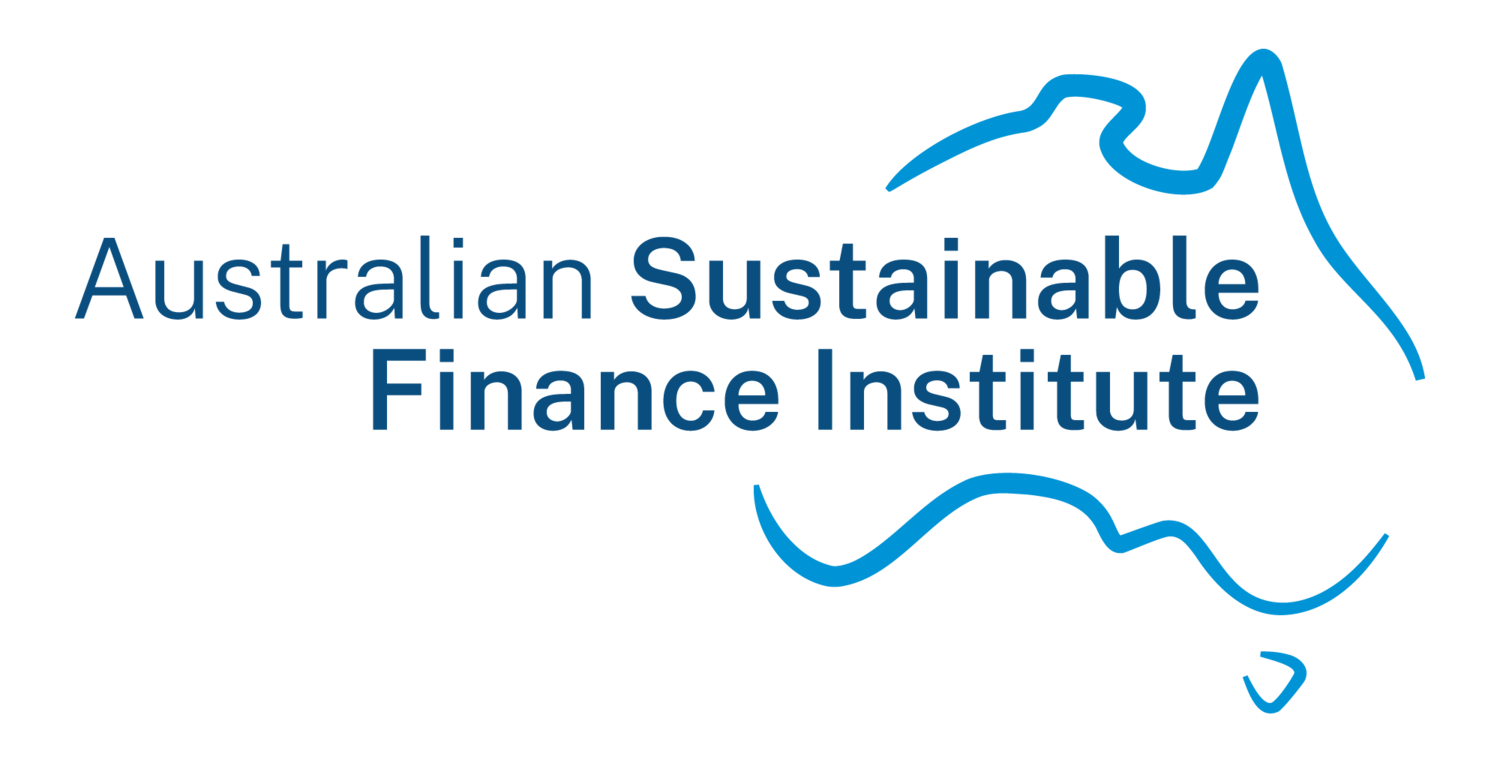ASFI calls for Government and industry to ‘get on with delivery’ as COP31 moves offshore
ASFI says the real work now lies outside the negotiating agenda and calls for aligned Government-industry action to avoid costly delays.
Australia’s peak body for sustainable finance says Australia must now shift its focus to practical delivery after Türkiye was confirmed as the host of COP31, warning the real work lies outside the formal negotiating agenda.
The Australian Sustainable Finance Institute (ASFI) cautions any slowdown in coordinated Government-industry action risks costly delays, with analysis showing a three-year pause could double transition costs.
Led by Minister Chris Bowen, Australia is set to play the role of COP31 President for Negotiations, and a pre-COP event will be hosted by a Pacific Island nation, a move Bowen said reinforces the importance of multilateralism.
ASFI Chief Executive Officer Kristy Graham said that Australia’s role as President of Negotiations is a ‘poor consolation prize’ given the lack of substantive items on the COP31 negotiating agenda, and that Türkiye looks likely to hold the most influential parts of the process.
“Hosting COP31 would have sent a powerful signal to global investors, but Australia’s interests haven’t changed,” said Graham. “Decarbonisation requires joint action and shared effort, which means Government and finance need to work together and get on with delivery.”
ASFI says that to maintain the momentum and goodwill built across business and finance over the past two years, there is a strong opportunity for a major investment event in Adelaide in 2026 to showcase Australia’s energy transition and attract additional investment.
“Australia may still be able to drive progress through Presidency-badged initiatives, but this will take leadership from across Government, in collaboration with the private sector,” said Graham. “Neither side can move the dial alone.”
“Alignment is what gives international partners confidence in Australia as an investable destination. If we’re serious about meeting our targets the priority must be delivery.”
Under current policy settings[1], Australia is projected to miss the bottom end of the 2035 emissions target by 11%. Australia needs credible, coordinated action that recognises shared economic interests: avoiding rising climate costs; capturing emerging export opportunities and; aligning policy and finance.
ASFI points to analysis from the Network of central banks and supervisors for Greening the Financial System (NGFS), which finds that a three-year delay could double transition costs[2].
“Accelerating Australia’s transition isn’t just about opportunity, it’s about avoiding rising climate costs, systemic under-investment in resilience, and the loss of competitiveness if other countries continue to move faster,” said Graham.
“Delay does not defer or reduce cost, it compounds it. The real question is what does climate inaction cost. The homes left uninsurable, the communities footing the bill when disaster strikes.”
“Inaction remains the more expensive choice.”
For more information or to arrange an interview, contact media@asfi.org.au

